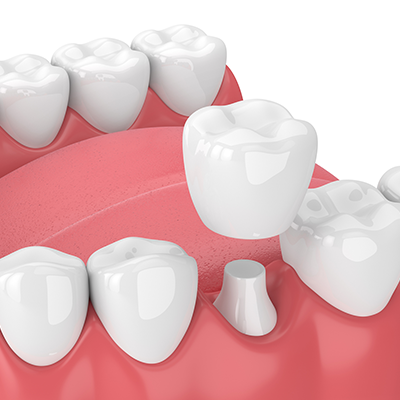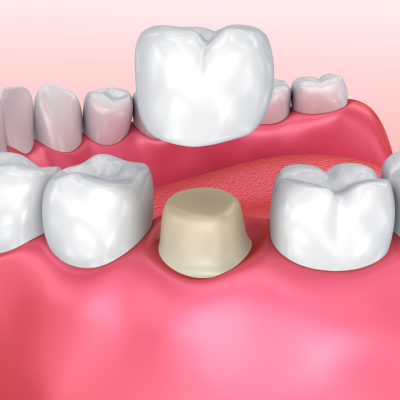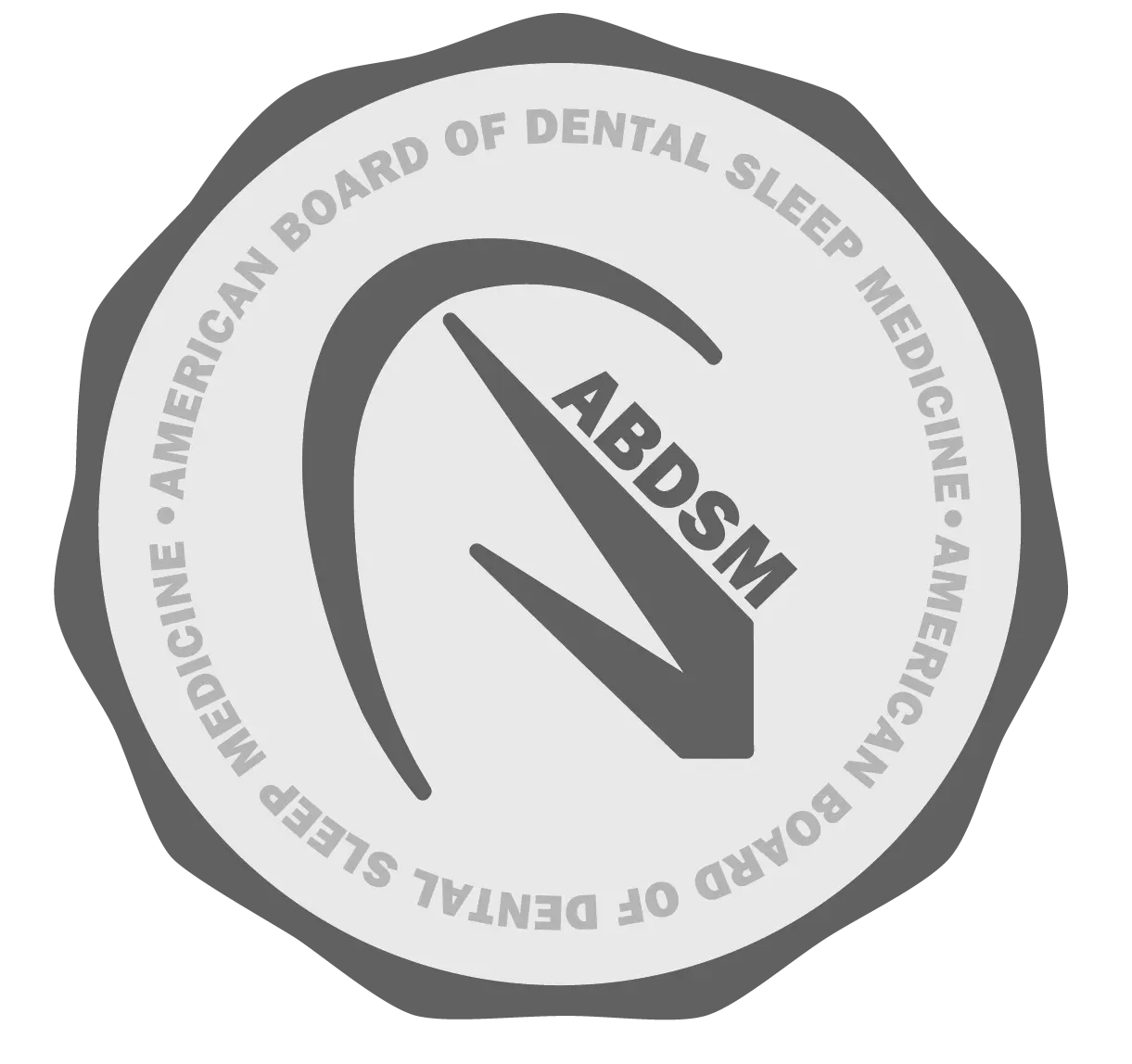One of the common concerns people have when considering dental procedures is the potential pain involved. For those contemplating a dental crown, the question often arises: Does getting a dental crown hurt? The answer largely depends on individual pain tolerance and the specific circumstances of each case. However, in general, the dental crown procedure is designed to be as comfortable as possible for patients. Dentists employ local anesthesia to numb the area, ensuring minimal pain during the process. Patients may experience a sensation of pressure or mild discomfort, but the procedure itself should not be painful.
Dental Crown Procedure
Initial Examination
- The dentist examines the tooth to assess the extent of damage or decay.
- X-rays may be taken to get a comprehensive view of the tooth and surrounding structures.
Tooth Prepration
- The tooth is prepared by removing any decay or damaged portions.
- The tooth is shaped to accommodate the dental crown.
Impression Taking
- An impression of the prepared tooth is taken using dental putty or digital scanning technology.
- This impression serves as a mold for creating the custom dental crown.
Temporary Crown Placement
- While the permanent crown is being crafted, a temporary crown is placed to protect the prepared tooth.
- Patients are advised to be cautious with their temporary crowns and avoid sticky or hard foods.
Custom Crown Fabrication
- The impression is sent to a dental laboratory, where a skilled technician crafts the custom crown.
- The crown is typically made from materials like porcelain, metal, or a combination of both.
Permanent Crown Placement
- Once the custom crown is ready, the temporary crown is removed.
- The permanent crown is carefully placed, adjusted, and cemented onto the prepared tooth.
Final Evaluation
The dentist ensures the bite is comfortable and that the crown blends seamlessly with the surrounding teeth.
Who Is Suitable For A Dental Crown
While dental crowns can address various dental issues, not everyone may be a suitable candidate. Dental crowns are commonly recommended for individuals with:
- Severely decayed teeth that cannot be restored with fillings.
- Cracked or fractured teeth.
- Weakened teeth due to large fillings or root canal treatments.
- Teeth that require additional support after a dental implant.
It's crucial to consult with a dentist to determine the most appropriate treatment plan for individual cases.
Recovery From A Dental Crown: What To Expect
Immediate Post-Placement
- Some sensitivity to hot or cold temperatures may be experienced initially.
- Patients are advised to avoid consuming hard or sticky foods to prevent damage to the crown.
Ajustment Period
- It may take a few days for patients to get accustomed to the new crown.
- Any persistent discomfort or issues with the bite should be promptly addressed with the dentist.
Maintaining Oral Hygiene
- Regular oral hygiene practices, including brushing and flossing, should be continued.
- Special attention should be given to the gum line around the crown to prevent inflammation.
Follow-Up Appointments
- Scheduled follow-up appointments are essential to monitor the crown's stability and address any concerns.
- Dentists may recommend periodic check-ups to ensure the long-term success of the dental crown.
Long-Term Care
- Dental crowns are durable, but proper care is essential for longevity.
- Avoiding habits like teeth grinding and biting on hard objects can help prevent damage to the crown.










